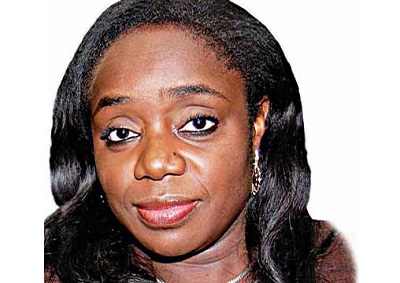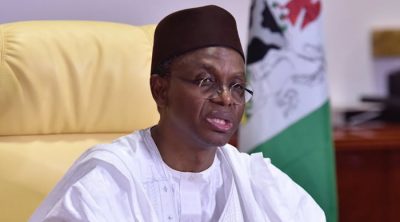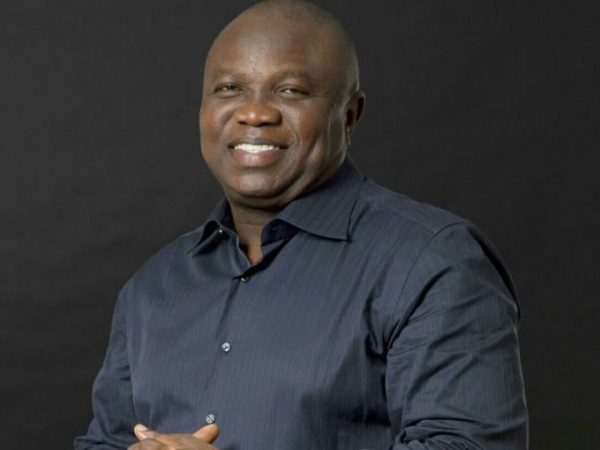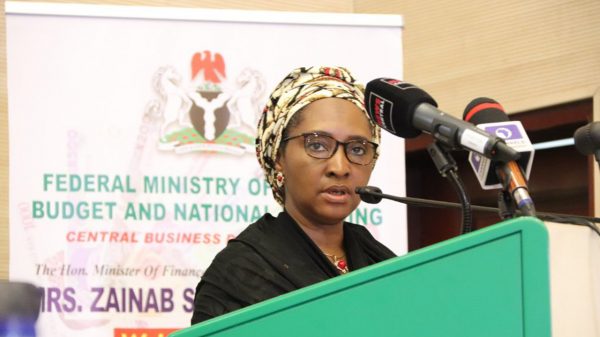Rate hold in focus as MPC members meet
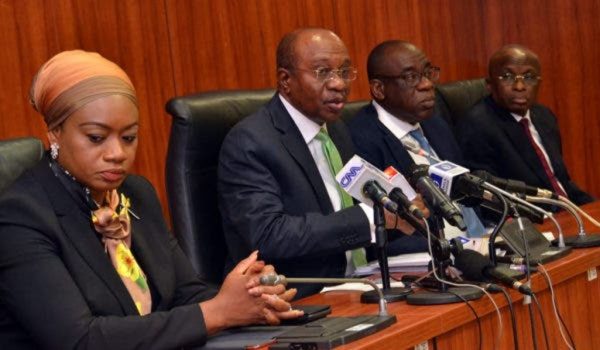
The market may have shifted its focus from the protracted cash squeeze, momentarily albeit to rising interest rates, as the rate-fixing arm of the Central Bank of Nigeria (CBN), the Monetary Policy Committee (MPC) starts its second meeting today.
From May, when the current rate hike campaign started, the MPC, has raised the monetary policy rate (MPR) by over 600 basis points (bps). With the benchmark rate currently at 17.5 per cent, economic agents are faced with the interest rate not seen in the past decades.
The policy rate had remained at 11.5 per cent since September 2020 until last May when soaring inflation forced the hand of the monetary authority. Since then, the rate has been increased five times back-to-back even as the CBN Governor and Chairman of the MPC, Godwin Emefiele, stressed that the aggressive hike would not end until inflation eased.
But inflation has remained stubbornly high, rising from 16.82 per cent to 21.91 per cent (that is by over 500 bps) while the MPC tightened the rate. Some analysts have had to question the effectiveness of the rate hike but the monetary authority said it could have been worse.
Today’s meeting comes on the heels of a dilemma between sustaining a high interest rate and a stable financial system. Following the burst of bank failure in the United States, there have been concerns about whether the financial system’s stability would take precedence over the worry over elevated inflation.
Amid the concern, the global market is expecting a quarter per cent hike in the US policy rate on Wednesday when the Federal Open Market Committee (FOMC) is due to end its two-day meeting. A 0.25 per cent hike will raise the upper limit of the Federal Funds Rate from 4.75 per cent to five per cent, which is way ahead of the long-term target of 2.53 per cent.
But the inflation rate is far ahead of the two per cent target, which the Fed members said they are committed to achieving. The high inflation rate is considered an economic major distortion with huge consequences for a long-term job and growth outlook.
Single digit remains CBN’s long-term inflation target, but the last time that was achieved was in January 2016 when the rate was 9.62 per cent. Since then, the inflation rate has been swinging between 11 and 22 per cent, with last month’s print being the highest in decades.
Achieving a high inflation or low-interest rate is a matter of policy choice. But experts have argued that such a goal stops at theory in modern economies. In Nigeria, for instance, economists said supply-side constraints contribute more to inflation than the money supply, and that the government should rather fix the obvious constraints to growth rather than strangulate the economy with unaffordable cost borrowing.
Besides, output growth fell from 3.4 per cent in 2021 to 3.1 per cent last year. The real sector, which supports employment, buckled significantly with some sectors growing at less than two per cent. Experts attributed the slow growth to rising challenges in the business environment and a sign the authority would need to do more to give economic players more headroom.
In recent weeks, the operating environment was complicated by a cash squeeze, a challenge that has not only constrained consumption but also threatened to send cash-dependent informal players out of business. The implementation of the broad policy framework – naira redesign – has also put the CBN on the spot.
An economist, Prof. Ken Ife, told media source yesterday, that the impact the limited monetary space has created in recent times is one more reason MPC could consider a pause on its interest rate hike today.
“I don’t think the rate is too high. We should consider that other central banks are still increasing as well. But I think the MPC should pause the hike at this meeting. The hike could resume at the next meeting,” Ife said.
A pause could send a signal the inflation battle has been won or relinquished. February’s consumer price index (CPI) reading showed a month-on-month (m/m) change of 1.71 per cent, a slower climb when compared with the 1.87 per cent recorded in January, which suggested the intensity is weakening. Economists often use month-on-month changes in price to assess the current momentum of inflation. Unlike year-on-year (y/y) change, the m/m rate isolates the trend from remote base effects.
The core inflation (other items less volatile farm produce) also slowed from 19.16 per cent to 18.84 per cent y/y growth last month, underpinning the weakening aggregate demand.
Yet, the headline inflation (21.91 per cent) was the highest in recent decades, which deflates any argument the inflation war has been won.
A decision that suggests the CBN has given up on the inflation battle could also trigger fresh inflation expectations, which will worsen the inflationary pressure. Still, the MPC members may not want to give the impression they are insensible, which could reflect the content of today and tomorrow’s meeting. So, the prevailing economic condition may have made this meeting one of the trickiest the rate-fixing authority will hold.




